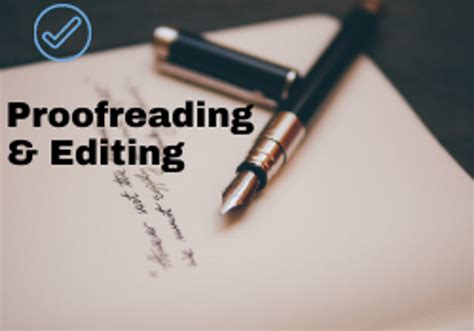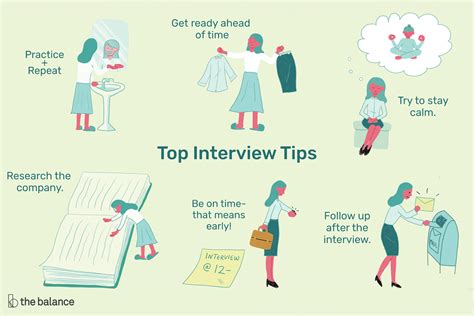The graduate school application process can be a daunting task, especially when it comes to Round One applications. With the competition for top programs being fierce, it's essential to make a strong impression from the outset. In this article, we'll explore five tips to help you submit a successful Round One application.
Understanding the Importance of Round One
Round One applications are typically due in the fall, around September or October, and are often considered to be the most competitive. Many top programs use a rolling admissions process, meaning that they review applications as they come in, rather than waiting until the deadline. This means that applying in Round One can give you a competitive edge, as you'll be among the first group of applicants to be considered.
Tip 1: Start Early
To submit a successful Round One application, it's crucial to start early. Give yourself plenty of time to research programs, prepare your materials, and practice your responses to common application questions. A good rule of thumb is to begin preparing at least six months before the deadline. This will allow you to:
- Research programs and create a list of potential schools
- Update your resume and online profiles
- Prepare for and take the necessary entrance exams (e.g., GMAT, GRE, LSAT)
- Secure letters of recommendation
- Draft and edit your personal statement and essays

Tip 2: Tailor Your Application
Each program is unique, and what works for one school may not work for another. It's essential to tailor your application to each program, highlighting the skills and experiences that align with their specific needs. This means:
- Researching the program's mission, values, and culture
- Understanding the program's curriculum and specializations
- Identifying the key skills and qualifications required for admission
- Showcasing your relevant skills and experiences in your application materials

Tip 3: Secure Strong Letters of Recommendation
Letters of recommendation can make or break an application. It's essential to secure strong letters from recommenders who know you well and can speak to your skills and qualifications. When asking for letters, be sure to:
- Give your recommenders plenty of time to write and submit their letters
- Provide them with information about the program and your application
- Offer to help with the letter-writing process, if needed
- Show appreciation for their time and effort

Tip 4: Practice Your Responses
Many programs use behavioral interviews or essay questions to assess an applicant's skills and experiences. It's essential to practice your responses to common questions, such as:
- Tell me about a time when you overcame a challenge
- Why do you want to attend this program?
- What are your career goals, and how does this program align with them?
Practice your responses with a friend or mentor, and be sure to:
- Use specific examples from your experiences
- Highlight your skills and qualifications
- Show enthusiasm and interest in the program

Tip 5: Edit and Proofread
Finally, it's essential to edit and proofread your application materials carefully. A single typo or grammatical error can make a negative impression, so be sure to:
- Review your application materials multiple times
- Ask a friend or mentor to review your materials as well
- Use grammar and spell check tools to catch errors

Gallery of Round One Application Tips





FAQ Section
What is the deadline for Round One applications?
+The deadline for Round One applications varies by program, but is typically in September or October.
How can I make my application stand out?
+To make your application stand out, focus on showcasing your unique skills and experiences, and highlight your fit with the program.
Can I apply to multiple programs at once?
+Yes, you can apply to multiple programs at once, but be sure to tailor your application materials to each program.
By following these five tips, you can submit a successful Round One application and increase your chances of getting accepted into your top-choice program. Remember to start early, tailor your application, secure strong letters of recommendation, practice your responses, and edit and proofread carefully. Good luck!
